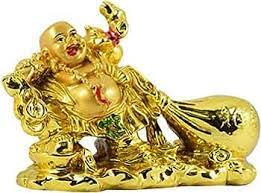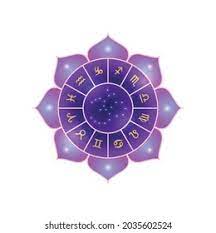The laughing Buddha is a happy and lucky figure in Chinese culture. He is also called Budai, which means he has a big bag full of food and money. He is a kind of Buddha who will come in the future and make the world a better place.
The laughing Buddha can bring good energy and money to your home or office. You should keep him in the living room, where he can see the main door. He will smile at the people who come in and give them his blessing. You should not put him on the floor or too high up. You should also not put him in the bedroom, bathroom, or kitchen, because these are not good places for him.
The laughing Buddha has different shapes and actions, and each one means something different. For example, the laughing Buddha with a bag means he likes to travel and have fun. The laughing Buddha with beads means he likes to meditate and be spiritual. The laughing Buddha sitting on a gold coin means he is rich and successful. The laughing Buddha with a fan and a bottle means he is healthy and lives long. The laughing Buddha with a hat means he is safe and protected. The laughing Buddha holding a gold bar with his hands up means he is generous and gives a lot. The laughing Buddha with a bowl means he is happy and satisfied. The laughing Buddha with children means he has a big and happy family. The laughing Buddha sitting on a turtle-dragon means he is powerful and respected. The laughing Buddha who is meditating means he has peace and wisdom. The laughing Buddha sitting on an elephant means he is smart and strong.
The laughing Buddha is not the same as Gautama Buddha, who started Buddhism in India long ago. Gautama Buddha was thin, calm, and taught people how to be free from pain. The Laughing Buddha was based on a Chinese monk named Ch’i-t’zu, who lived long ago and was very nice, generous, and did amazing things. He said he was Maitreya before he died.




